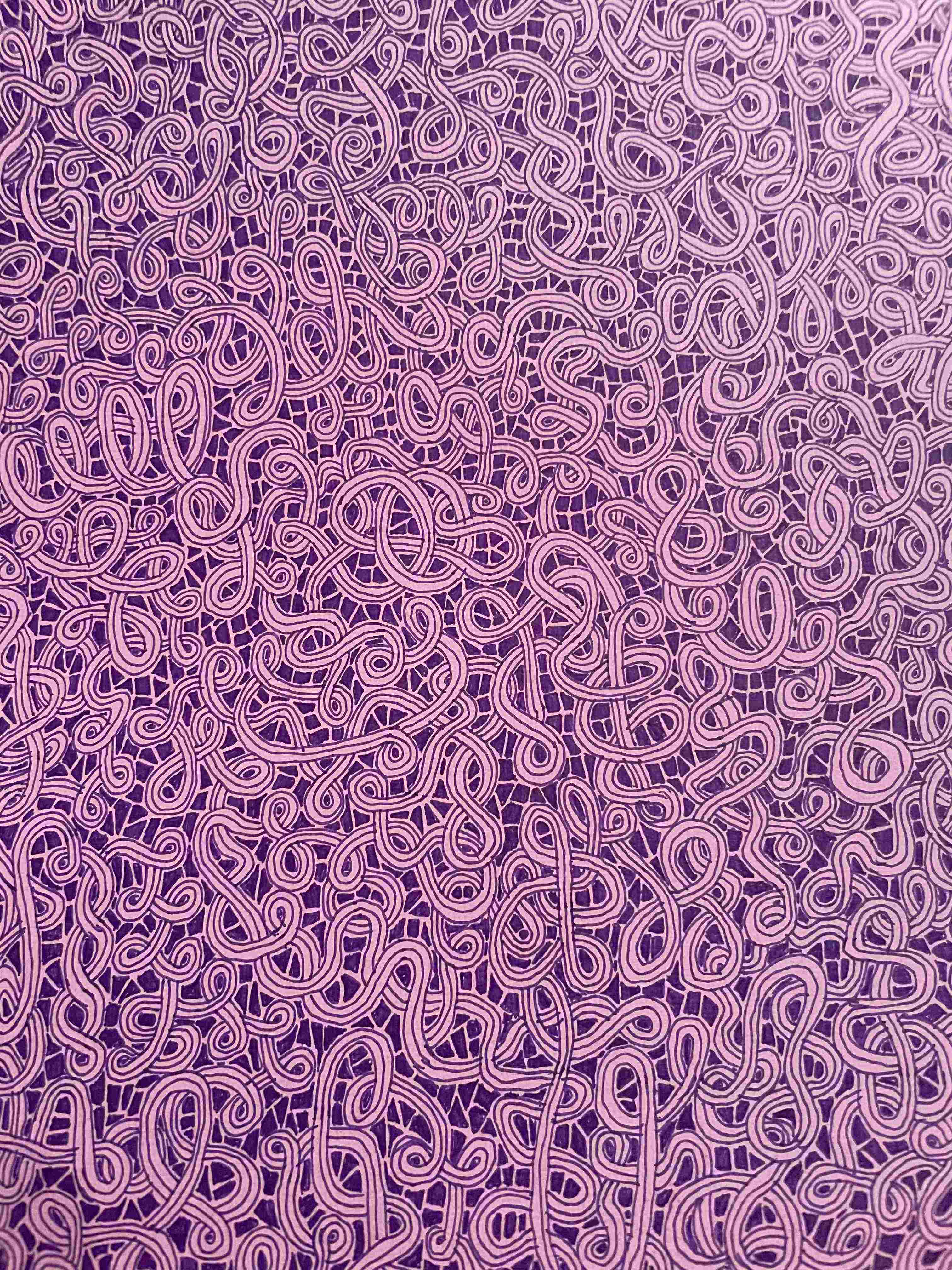Our Queer Future and An Asexual Path to Get There

Illustration by Helen Garner (they/she).
Instagram: @haeloune.art
Mika Misawa’s essay won the 2nd Prize in the 2024 Queer Futures Prize for the undergraduate course, Introduction to Queer Studies. This prize seeks to acknowledge and celebrate thoughtful and innovative work in queer studies inspired by classroom discussions and learning.
Much of queer work, especially visible queer work, centres on the issue of “identity”. That is, queerness is most often thought of as an identity regarding either sexuality or gender. However, the term has collected many more dimensions across many disciplines. It has found itself characterising a broader sense of difference. It has focused on a project of taking apart established notions that seem immovably concrete. This advancement within the queer project lends itself to the visions of José Esteban Muñoz’s queer utopia, where its aims are no longer entrapped in the confines of the present and its problematic practicalities, but rather further outward toward the queer horizon. Queerness is a futurity we keep reaching toward (and never quite touch) through continuous de-stabilisation of accepted foundations. That is where and how we wish to orient ourselves and direct our work. The process of destabilising our existing structures—queering—is most effective when the epicentres of disruption occur in a multitude of places. Thus, there are an innumerable number of ways to work toward our queer future.
With this in mind, my essay means to explore the progression of the queer project specifically through asexuality. Asexuality provides an initial crack in the presumption of sexuality as inherent to every and all human beings. The contestation of its status as a queer identity label provides insight into the limitations of centering queerness on sexuality. While denying the asexual as queer invalidates an individual who also feels coerced and Othered by the expectations, pressures, and judgements of compulsory heterosexuality, accepting them as having a queer sexuality also misunderstands where they stand in relation to sexuality. Descriptions of the asexual or what it means to be asexual, both past and present, are wholly inadequate. While in the past, asexuality was highly pathologized as deficiency and disorder, the present also fails to address the underlying central issue: our language itself. That is, the assumption that all human beings are sexual beings is embedded within the fabric of the language we use to discuss queerness itself. Asexuality is often classified as another non-normative sexuality. In the absence of adequate terminology, belying a flawed foundation in conceptualisation, the asexual who is oriented away from sexuality is instead still defined in terms of sexuality—that is as a “lack of ” sexual attraction. Rather than question the implicit sexual nature of our idea of the human and the resulting sexed language, we are meant to accept the asexual’s status as the messy paradox of a non-sexual sexuality.
The resolution of this indeterminate status of the asexual is in the realisation of its queer potentiality. Instead of forcing the asexual and asexuality to endure the discomfort of fetishised incomprehensibility, we reconsider or rather destabilise our notion regarding sexuality. In encountering the incomprehensible, instead of demanding the asexual be known to us, we reflect on our insistence on knowing. Here this resolution finds queer allies in the decolonial tradition, where such a move is precisely a move to destabilise the colonial interpretation of “knowing” which is predicated on the impulse to conquer and possess. My emphasis is on the idea that this move does not change the incomprehensibility of the asexual, but rather our attitudes toward the incomprehensible. Being unknown is not grounds for deficiency. It is, in fact, our source of power. And to wonder and reflect on the incomprehensibility, and accept that it is incomprehensible—treating incomprehensibility as a permanent state instead of a temporary one (and even a problem to be fixed), possibly for the first time—is what I believe to be what working toward queer utopia is about.